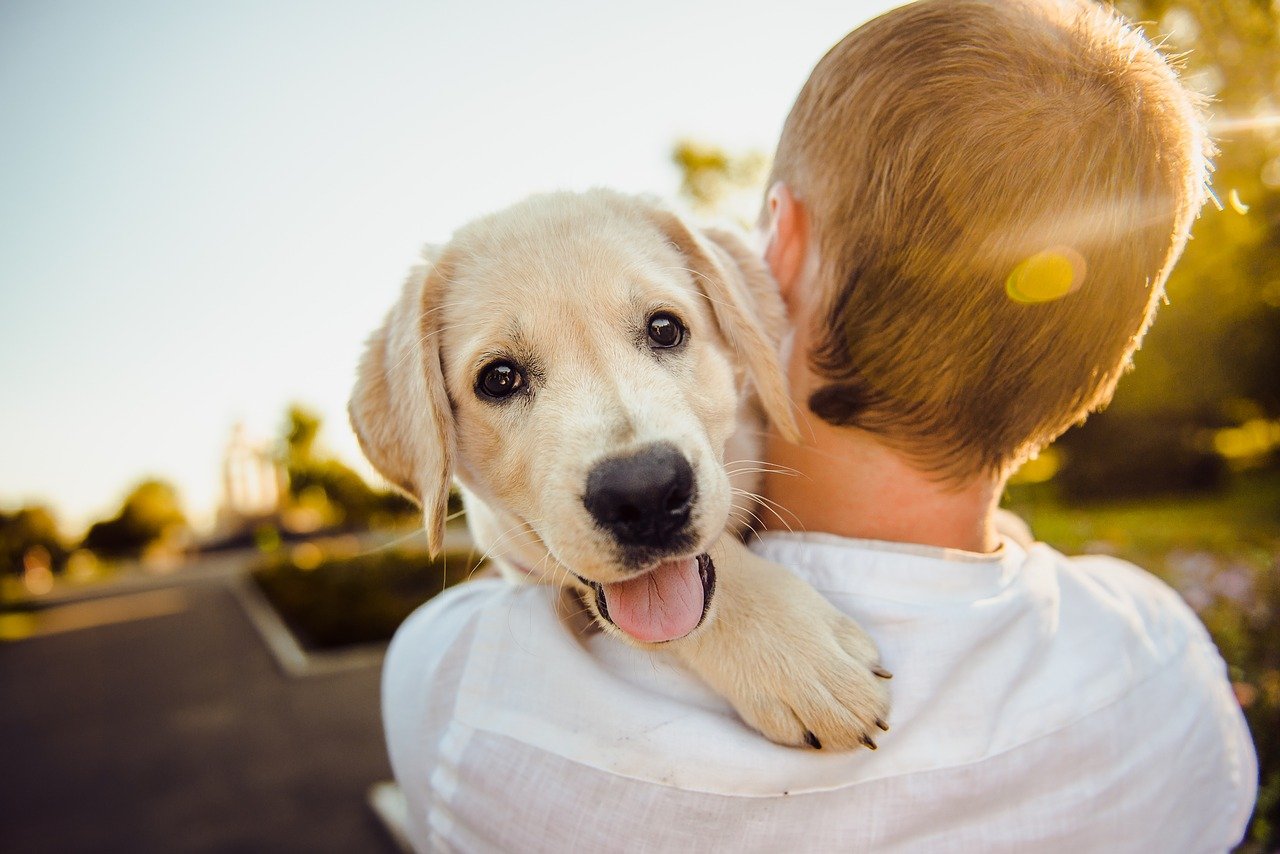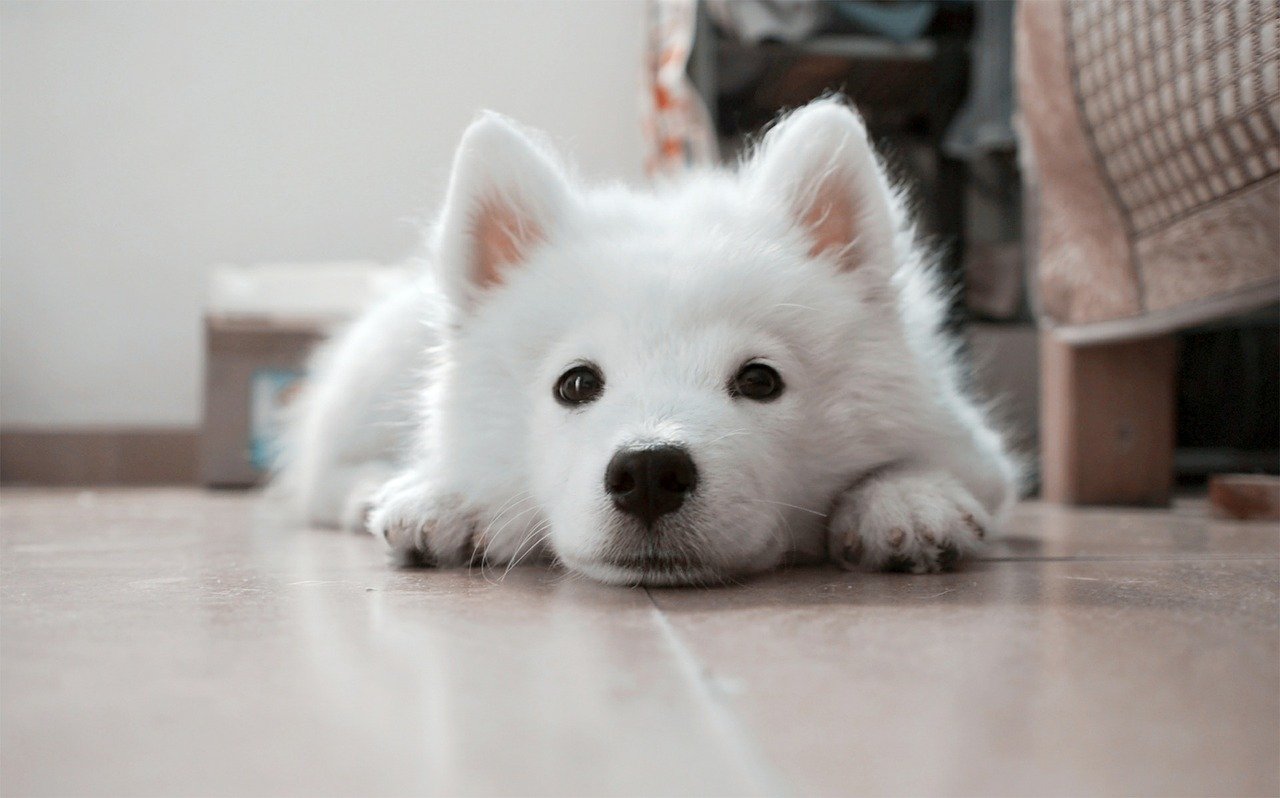Adorable Maltese Dog - Temperament, Care and Needs
Maltese terrier is a popular breed of small dogs. Their temperament is very calm, although they show their character sometimes. The beautiful coat needs a lot of attention and care, which might be time-consuming. Every Maltese dog is very attached to their owner, so it cannot stand long separation. Are you wondering if the Maltese dog is a good breed for you? Check what you should know about its character, care and diet. Thanks to this, you will be able to take a good care of your Maltese puppy.
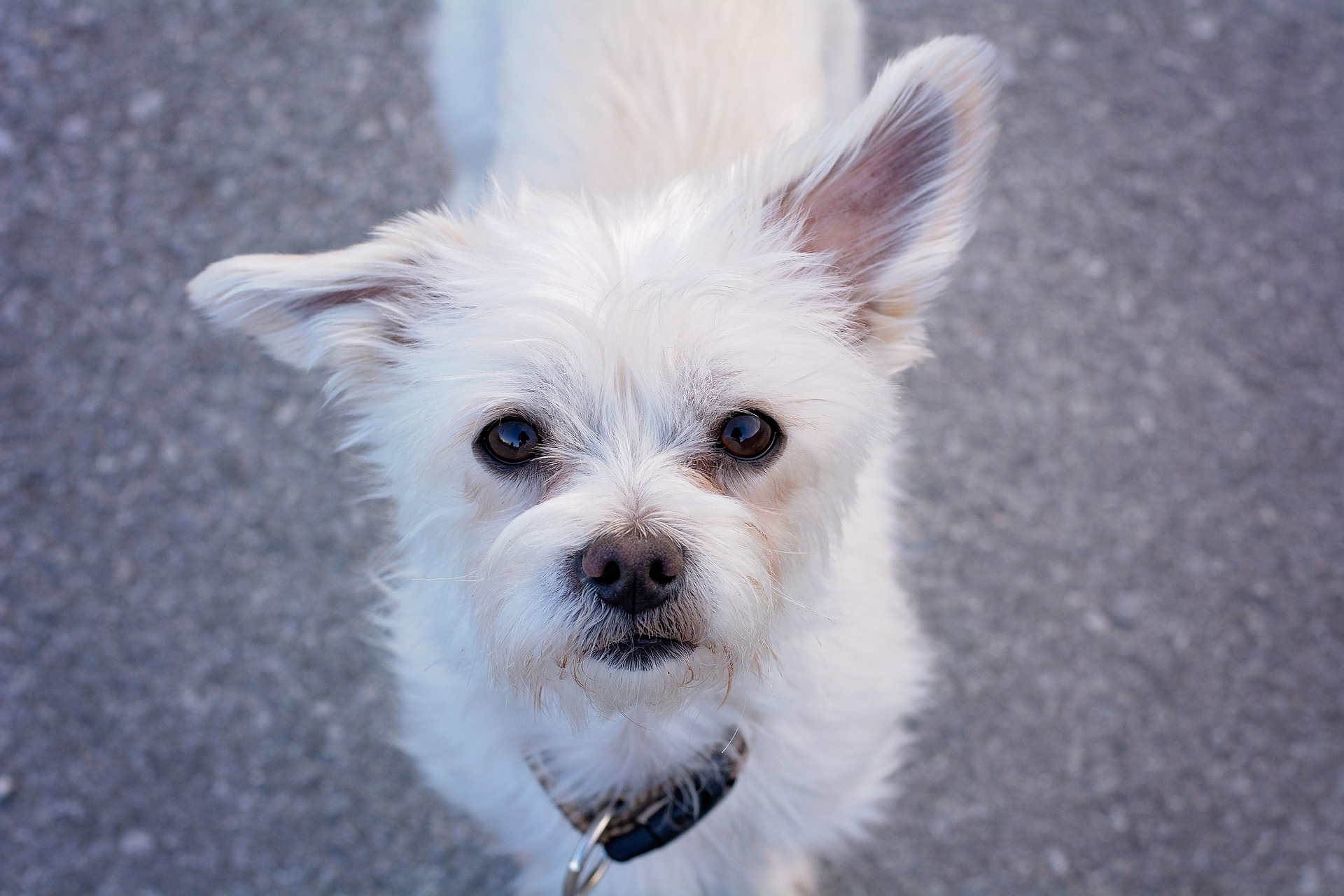
What does the Maltese dog look like?
The Maltese terrier is a small dog with a characteristic coat. Its white color, length and silk-like texture make the dog popular among children who love to cuddle it. The lack of standard shedding is a huge advantage of this breed. Thanks to this, you can avoid everyday cleaning after the pet, as typical for other breeds.
The Maltese dog is also characteristic for its size. It is considered a toy breed, so such small dogs are perfect for those living in an apartment.
How big is the Maltese dog?
Maltese dogs are a small breed. The differences between a female and a male are little when it comes to the size. It’s typically 2-3 centimeters. Adult dogs reach up to 20-25 centimeters. The Maltese dog weighs little, which falls between 3-4 kilograms.
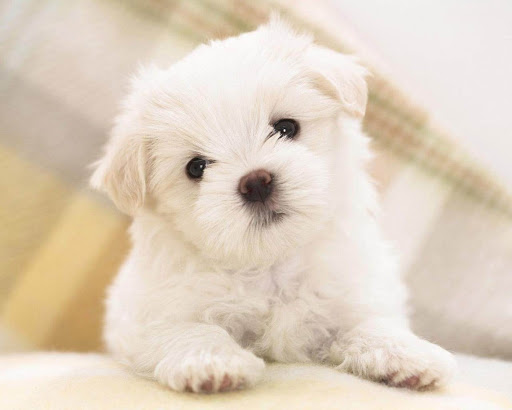
The Maltese dog - popular varieties of the breed
Currently, the Maltese dog looks a bit different than several years ago, although a lot depends on the type, otherwise called breed standard. There are four basic types of the Maltese dog:
- German,
- English,
- American,
- Korean.
Breeders are especially interested in the last of the mentioned varieties - Korean. Nonetheless, some invest in each type, which improves the quality of their husbandry.
The Maltese dog - temperament
The Maltese dog is an adorable pet that shows a lot of affection towards its owner and loves spending time with them. For this reason, it’s less tolerant of loneliness. When left alone for a long time, it quickly becomes low-spirited.
Maltese dogs love playing, and they don’t need encouragement - they tease everyone around. As they frolic, they show their high energy levels.
Contrary to what some might thinks, the Maltese dog is very intelligent, so training it when it’s still a puppy should handle its stubbornness. Maltese puppies learn fast and there are no problems with them.
The Maltese dog is quite a distrustful animal, so if there’s a stranger nearby - it keeps its distance. When sensing danger, it barks loudly. The dog has to test whether it can approach someone - but once it happens, it loves to cuddle and play.
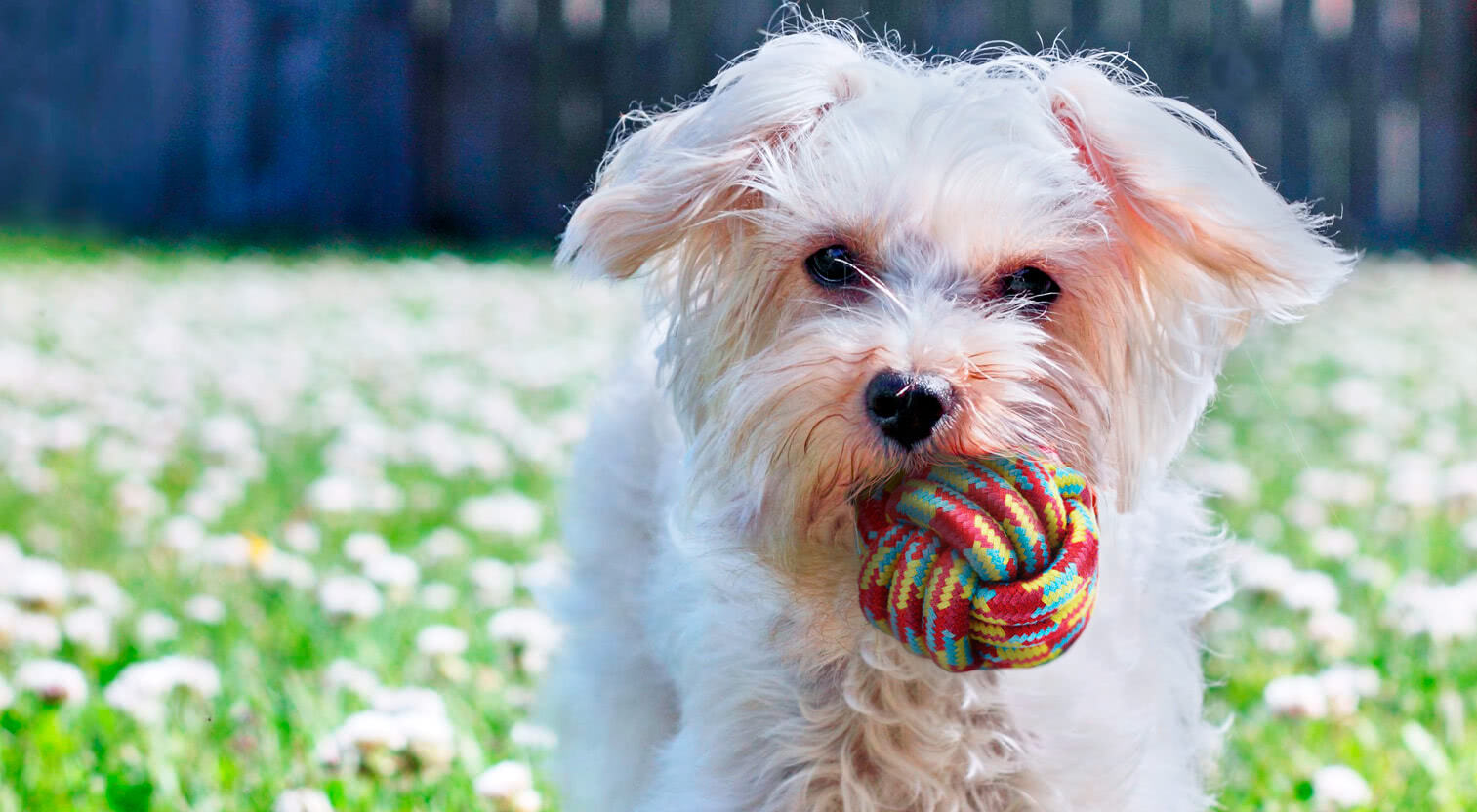
What is the proper diet for Maltese dogs?
Diet is an important aspect of the Maltese dog’s care. Make sure to learn all about it right at the beginning. Feeding should be suitable for the dog’s age and its health condition. One has to be careful about the quantity, as too much food might lead to obesity.
We recommend feeding a Maltese dog with special food designed for the breed’s needs. You can get it in any pet store.
If you decide that you want to prepare cooked food for your dog - make sure that it’s diversified. It should be rich in meat (including organ meat), cooked vegetables and cottage cheese. Consulting this issue with a veterinarian is the best option - they will recommend the best diet.
Are Maltese dogs prone to diseases?
The Maltese dog is a relatively healthy dog, so it rarely catches any serious diseases. Nonetheless, the breed is prone to certain issues such us:
- obesity,
- ophtalmia,
- teeth and gums sensitivity.
In rare cases, dogs from this breed are diagnosed with heart diseases and tumors. That’s why control visits at a veterinarian’s clinic are so important - at least once a year.
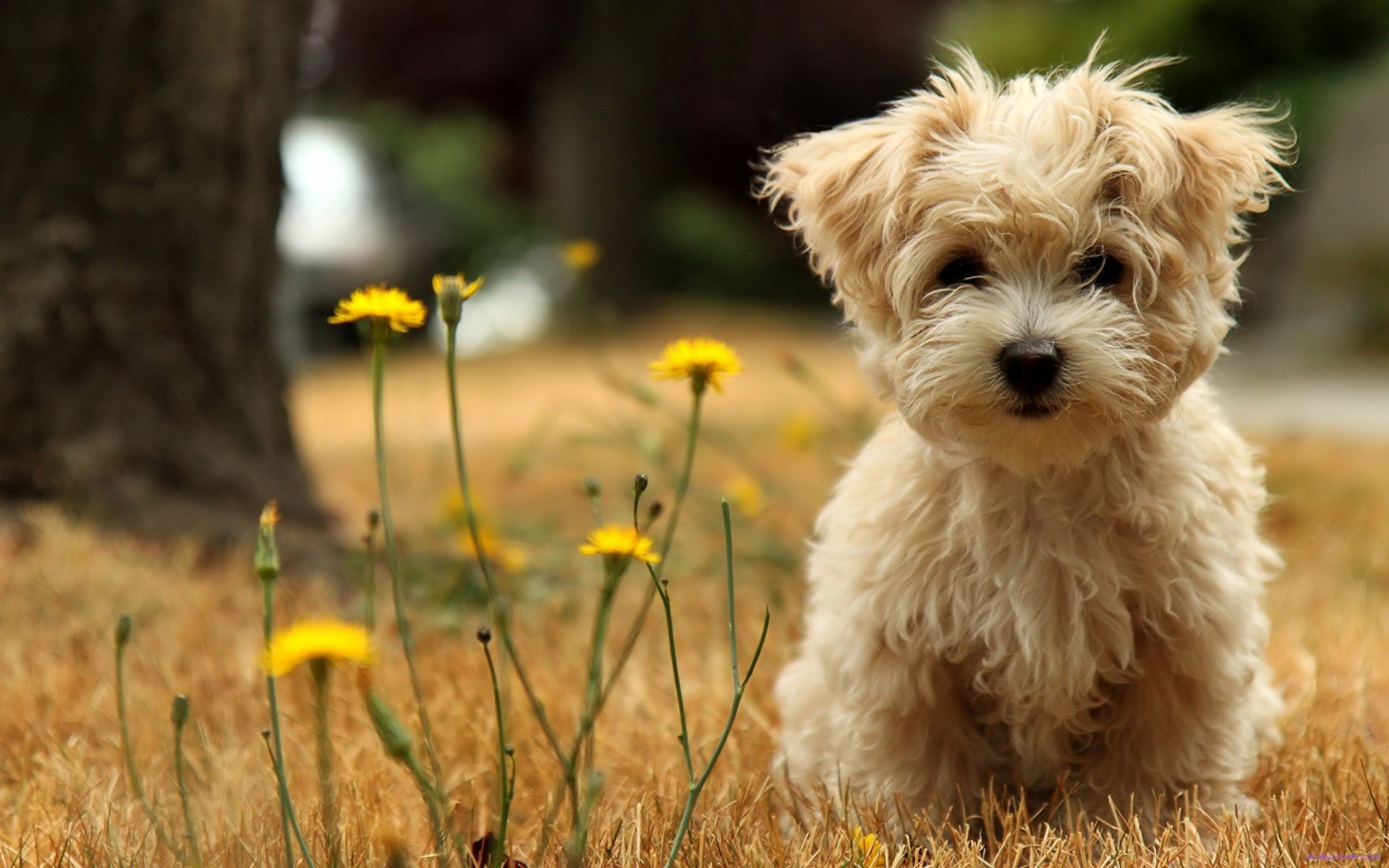
How to take care of a Maltese dog?
The coat is the biggest advantage of the Maltese dog. That’s why the breed’s care focuses on it. One has to brush it at least twice a day to prevent any tangles. In a worst-case scenario, it would have to be cut.
Eyes, ears and teeth cleaning is another crucial aspect of caring for the Maltese dog. Control these parts once a week to avoid serious dirt and any resulting diseases.
As a standard, just like with any other breed, take the dog to a specialist from time to time to cut the dog’s hair and nails.
The Maltese dog - trendy hairstyles
The Maltese dog usually has a long hair, which allows you to experiment with its hairstyles. As you do it, it’s good to bathe the dog and brush the hair so that it looks nice. A ponytail at the top of the head and an ornament, e.g., a bow is the most popular hairstyle for the Maltese dog. If the dog’s hair is long enough, you can split it in two and attach ornaments next to each ear.
Keep in mind that some accessories might be uncomfortable for the dog, which will attempt to take them off. If you notice such a behaviour, don’t force your pet to anything. Give up the accessories and take care of the dog’s peace and well-being.
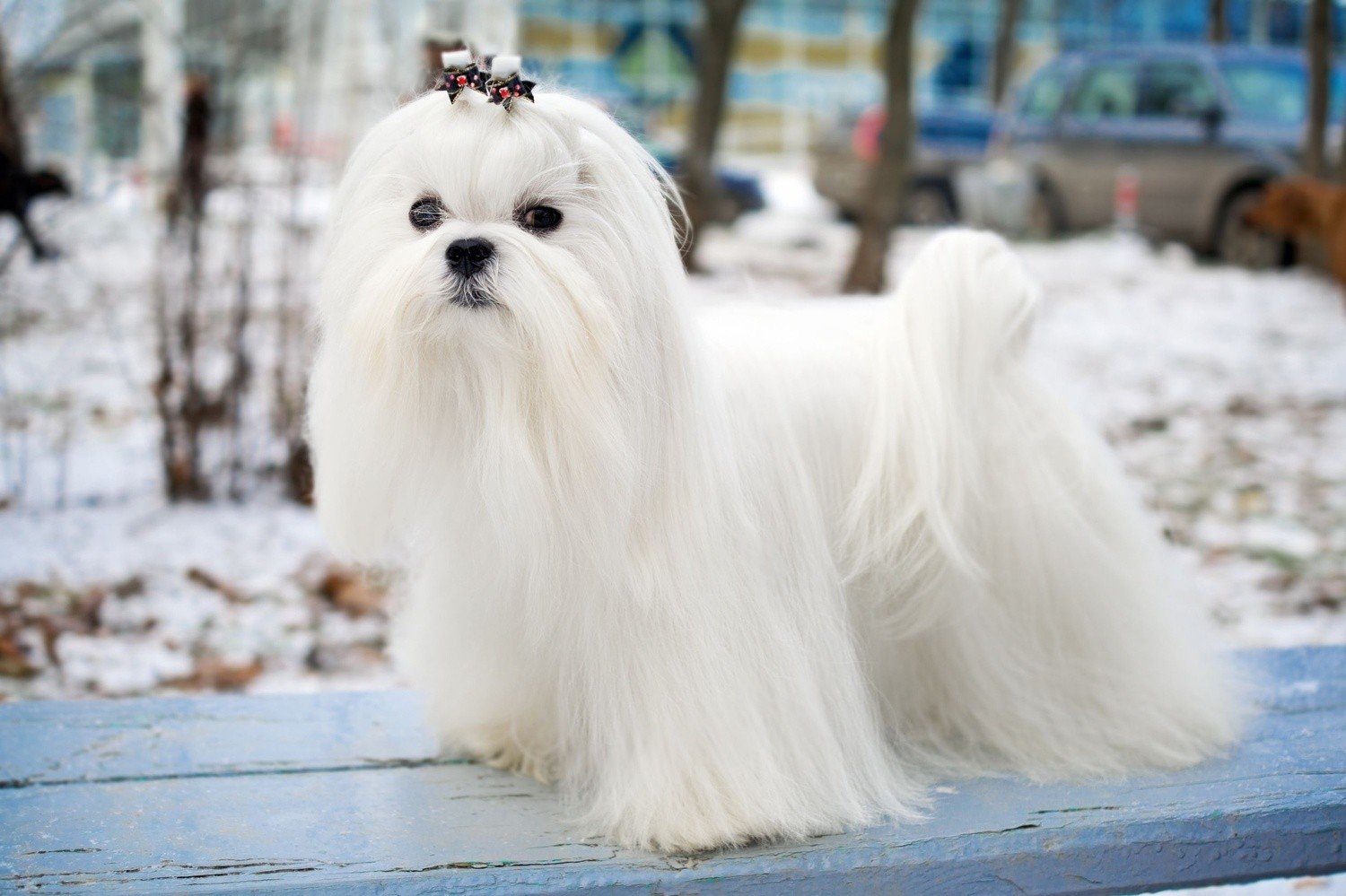
Is the Maltese dog the right breed for you?
The Maltese dog is a perfect breed for most people. The dogs tolerate adults and children. They get attached to both, and they accompany them everywhere. Remember that the Maltese dog cannot endure being alone for a long time. It’s not a good choice if you spend long hours away from home. If so, the dog will feel lonely and might get depressed.
How does the Maltese dog behave towards other animals?
The Maltese dog is not bothered by other animals. It gets along with cats and dogs (even different breeds). But it’s good to get it used to such companions - when it’s still a puppy. This way, it will be eager to play with them.
Keep in mind though that the Maltese dog’s temperament makes it very attached to the owner. If you pay too much attention to another animal, the Maltese might get jealous - and it won’t hesitate to express it.
How long do Maltese live?
Maltese dogs live quite long - from 12 to 15 years. Everything depends on whether it’s prone to diseases and if it has any genetic conditions. The way the Maltese terrier is taken care of is important as well. A well-cared for, healthy Maltese dog reaches the upper lifespan - 15 years.
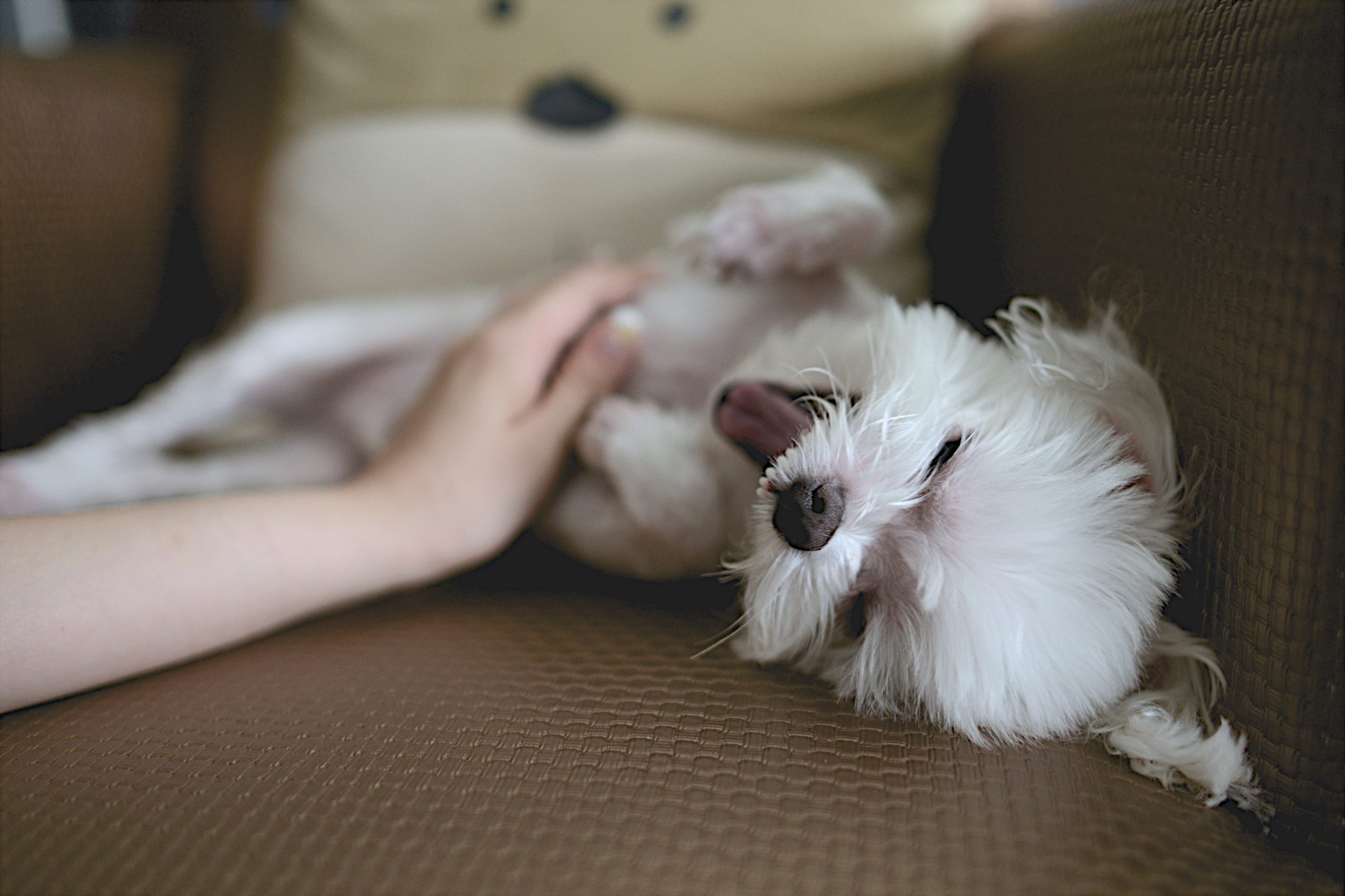
The best leash for the Maltese dog
Although the Maltese dog is a small animal, it’s also very agile and energetic. That’s why it’s so important to train it to walk on a leash when it’s still a puppy. The leash cannot be too heavy, otherwise the animal will quickly get tired. A model designed for 5-kilogram dogs is the best option. You can choose between regular and retractable models. The latter is perfect for walks in open spaces.
The Maltese dog - price
The Maltese puppies can cost between $600 to $2,000. A lot depends on what variety you pick. Breeders suggest that the Korean Maltese dog is the most expensive investment, mostly because of its popularity. The price depends on the breeder and its reputation.
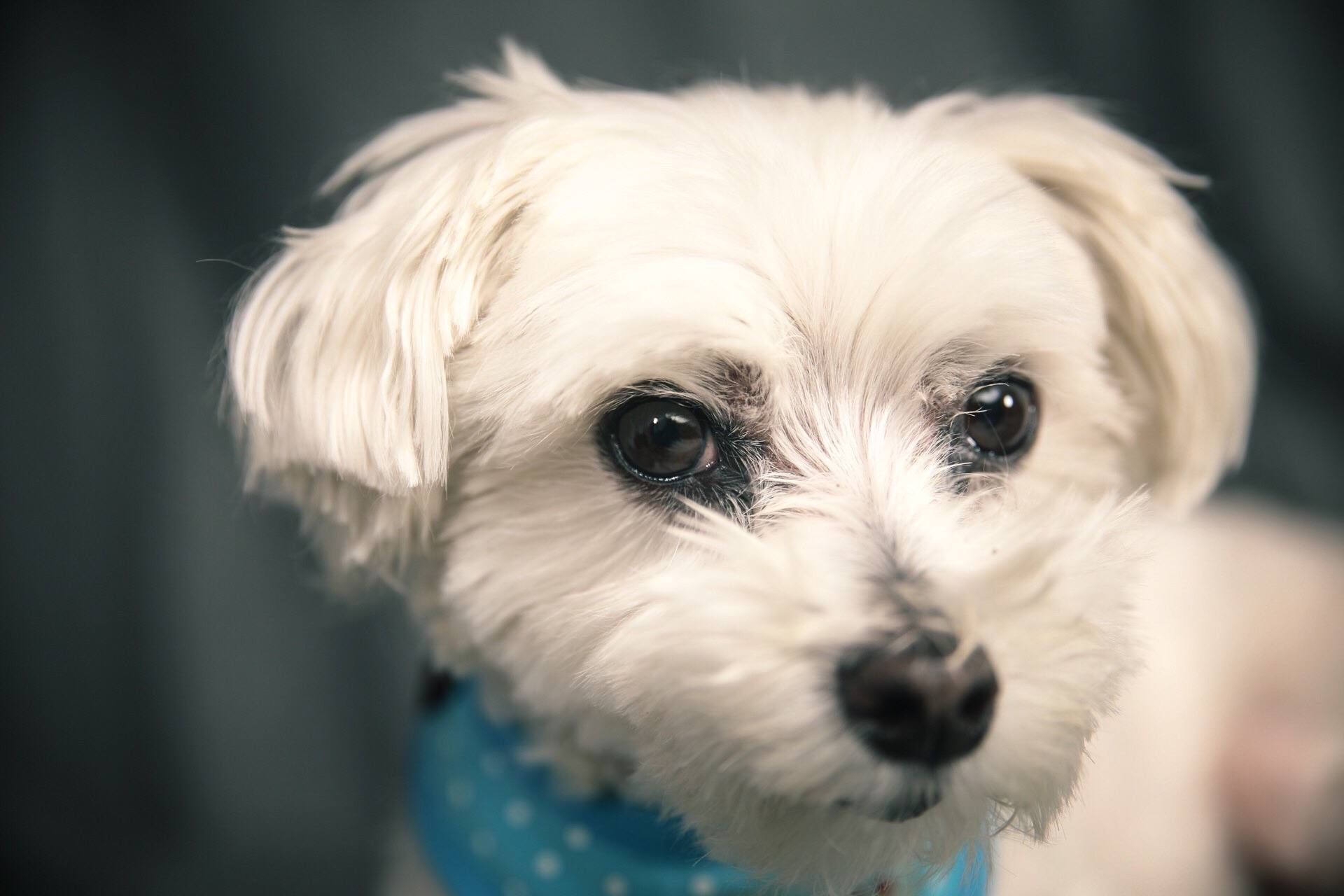
📍 How much should a Maltese dog eat?
The Maltese dog is a small breed, so it doesn't need a lot of food. Depending on its age, one portion should weigh 50-70 g. Typically, Maltese dogs are fed 3 times a day. Make sure to stick to these rules to prevent obesity of the dog.
📍 What can Maltese dogs eat?
A special mix for the breed is the best food for the Maltese dog. It contains enough nutrients needed to retain the dog's health. If you want to cook the food for your dog, make sure it's diverse. The Maltese dog needs meat, but also fish and cooked vegetables, e.g. carrots, celeriac and parsnips.
📍 What is the typical Maltese dog's lifespan?
Maltese dogs live relatively long - from 12 to 15 years. Remember that every dog might have individual disease tendencies and care needs. Both of these factors affect your pet's health and lifespan.
Featured articles
Maybe you're interested


